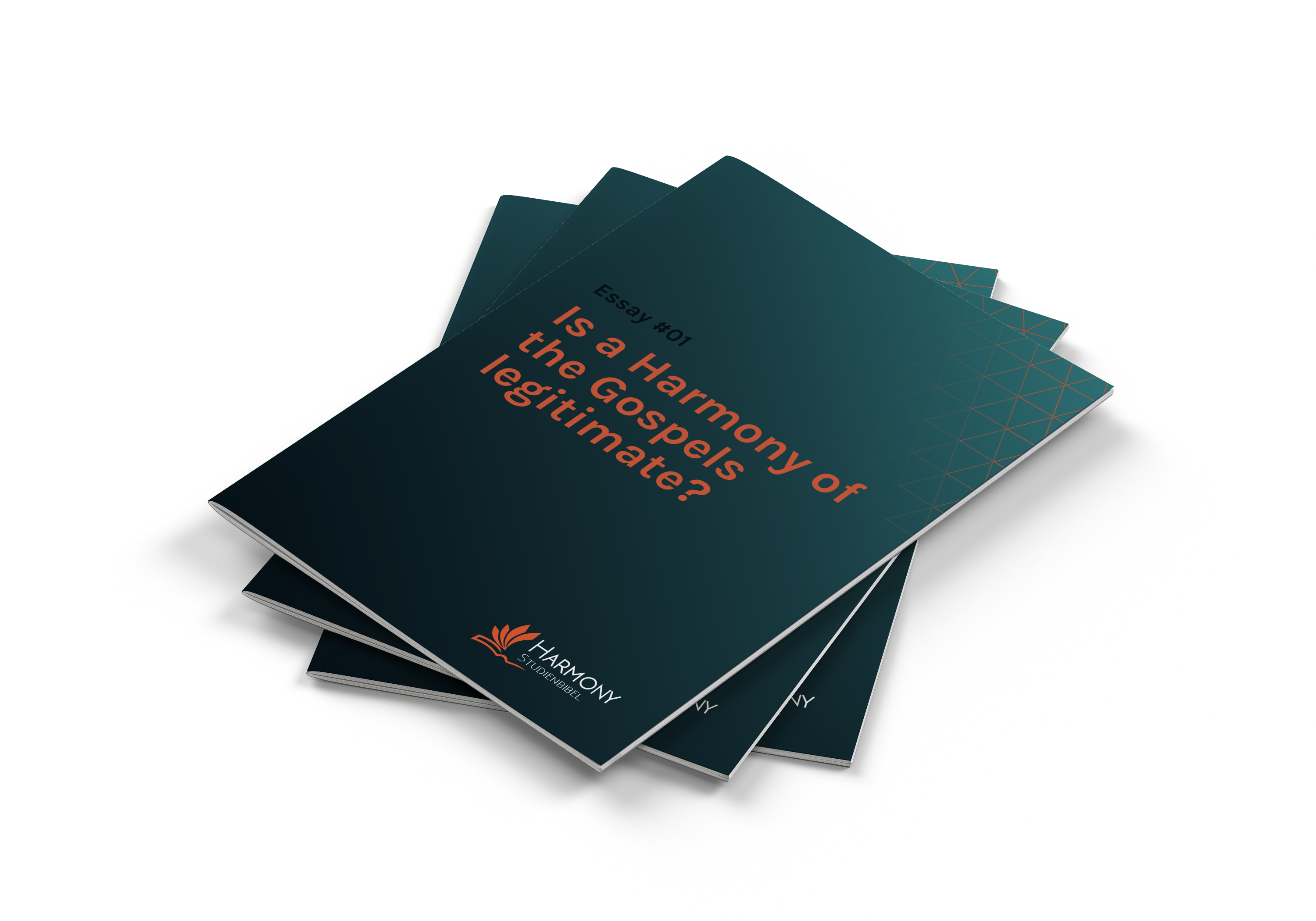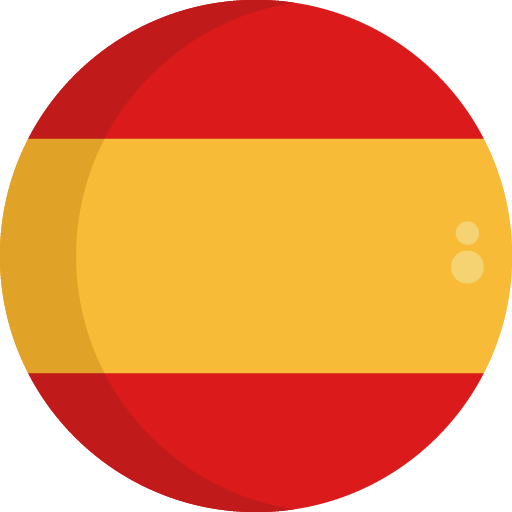Section 139c
The olivet Discourse - Abomination of desolation and subsequent distress
The Mount of Olives
Notes
Mount of Olives
The mountainous ridge called the Mount of Olives stretches totay from the Hebrew University Mount Scopus campus in the north to the Jewish cemetery and beyond, to the village of Silwan in the south. Between these two ends of the mountain are the olive trees from which the mountain takes its name. The area at the bottom of the mountain would have been the place for the olive gardens and an olive press, “Gat shemen” in Hebrew, from which the name “Gethsemane” comes.
The gospels record on more than one occasion Jesus’ sorrow for Jerusalem as he made his way down the slopes of the Mount of Olives. It was a path he would have known from childhood from His many visits to Jerusalem.
Down the road from Bethphage He came riding on a donkey colt with palm branches symbolic of Judaea strewn along the way. “Hosanna!” (“save now!”) was the cry upon the lips of the people (Matthew 21:1-9). This prayer from Psalm 118:25 was a request for salvation. Yet Jesus knew that these cries would be changed within a week to “Crucify him!” He wept again for Jerusalem, for He knew what would befall the people in less than one generation as the city would be besieged and taken.
Photos
Videos
The Mount of Olives
Footnotes
Matthew 24,15 | Mark 13,14
Daniel 9:27; 11:31; 12:11



















